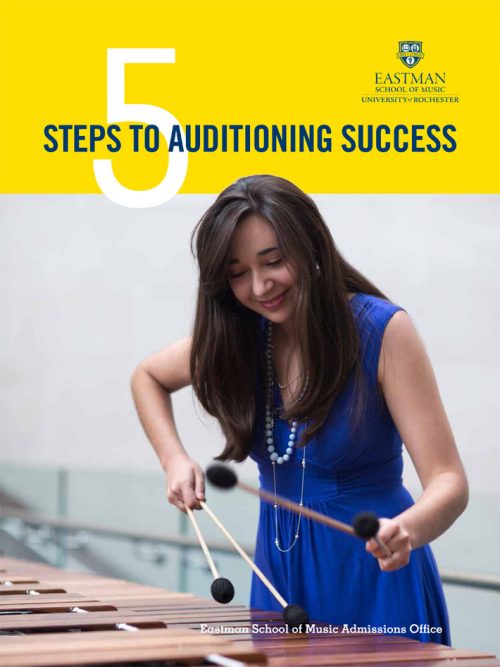Thinking about applying to music schools? Getting ready for your college music audition? Applying and auditioning for a music college is challenging, but necessary to open the doors to the music school of your choice, so having the right mindset and preparation is key! The first step to a great audition is getting there. You may have lots of travel coming up, or you may already have a few auditions under your belt, but these suggestions will help your audition travel to go more smoothly.
On the Road: Traveling with Your Instrument
The first step to a great audition is simply getting there. You may have lots of travel coming up, or you may already have a few auditions under your belt, but these suggestions will help your audition travel to go more smoothly.
Plan ahead about transporting your instrument. For pianists, singers, and small woodwind instrumentalists, this is not an issue. You really don’t have to give much thought to getting your instrument to the audition. However, it can be a very big issue if you play a larger instrument such as cello or double bass!
Educate yourself about the latest rules and restrictions for traveling with musical instruments, and know the specific policies for the airline you book. Arrive at the airport early to allow extra time for security screening. If you fly with a large instrument, you may need to purchase an extra seat for it. (One double bassist not only had to buy a seat for the instrument, but the only way he could fit the bass on board was by stowing in the seat upside down!) Shipping your large instrument separately can also be an option as long as you have an extra secure shipping case, but many musicians find this nerve-wracking.
If you play double bass, percussion, or harp, be sure to check with the schools where you are auditioning to find out what equipment they’ll provide for you. You may not need to bring your own instrument to every audition. Playing an unfamiliar instrument may be a little bit uncomfortable at first, but it can be well worth the adjustment if it allows you to take an audition that you otherwise could not attend.
Musicians who play medium-sized instruments such as guitar, violin, and viola generally won’t need to purchase a seat for your instrument for air travel. However, you will need to make sure you can secure a safe space for your instrument on board. Be in the boarding area early, and position yourself at the start of your boarding group as soon as it is called. Don’t wait until the end of the boarding process, because all of the storage space on the plane may be filled. Boarding early can be difficult if you have a tight connection or experience delays. If you need help finding space for your instrument, ask a flight attendant.
Instrumentalists traveling internationally will want to be especially cautious if your instrument contains any rare or endangered materials such as ivory. Recent restrictions make it risky to travel with these materials, and they could be confiscated.
Reed players will need to take extra care with their travel as well. Reed knives are not permitted in your carry-on items on U.S. flights, so be sure that they are safely checked to avoid having them confiscated at the security checkpoint. If you play an instrument that is impacted by climates with a different altitude or humidity level than you are accustomed to, be sure to discuss the necessary precautions with your teacher. Bring along a wider-than-usual array of reeds to give yourself some options.
Regardless of the particular challenges of travel with your instrument, always strive to be patient and courteous to your fellow travelers and airline staff. Keep yourself hydrated, and try to eat healthy meals on the road. Wash your hands frequently to avoid germs, and try to avoid getting sleep-deprived or run down. Remember that the audition process is more like a marathon than a sprint, and you need to pace yourself for the long haul.
If you’d like more information on how to audition for a college music program, download our complimentary e-book here: https://apply.esm.rochester.edu/register/ebook
